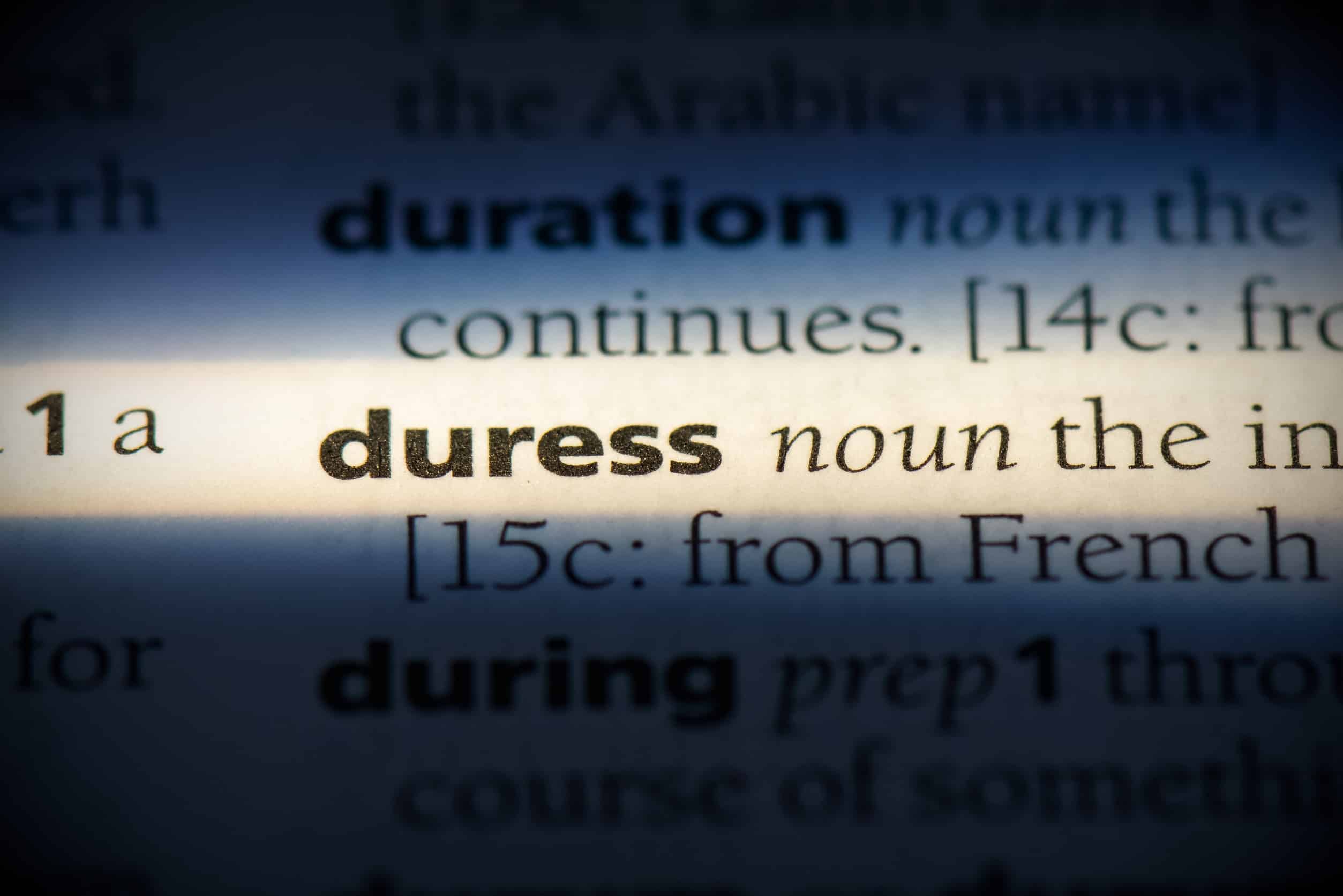Assault charges can often feel straightforward on paper, but real-life situations are rarely that simple. The circumstances surrounding an altercation can be complex and full of nuances. Whether you acted in self-defense or were even wrongly identified, there are many sides to the story that need to be considered.
If you are facing allegations of assault, you need to speak to an attorney as soon as you can, as a conviction can have extremely serious consequences. Call us today to schedule a consultation with a criminal defense lawyer in Denver.
Some of the more common defenses to assault charges are discussed below. Contact us to learn more and find out whether they apply to your case.
Self-Defense
Self-defense is one of the most common defenses in assault cases and can apply if you were responding to a real threat. If someone threatened or attempted to harm you, you may have had to protect yourself. However, for it to be a valid argument in court, the law requires that your response be proportionate to the perceived threat. This means that if someone threatens you verbally but doesn’t take physical action, responding with physical force may not be viewed as reasonable in the eyes of the law.
Defense of Property
Defending your property from damage or theft may be a valid defense in certain situations. If someone unlawfully enters your property or tries to take something that belongs to you, you may have the right to use reasonable force to protect it. However, this defense comes with limitations: while some force may be warranted, excessive or violent force often isn’t.
Lack of Intent
Assault often requires intent, meaning the prosecution must show that you intended to cause harm. Lack of intent is a valid defense when accidental actions are mistaken for assault. For instance, if a gesture was misinterpreted or an accident led to physical contact, you may argue that you had no intention of causing harm.
Consent
In specific contexts, consent may apply as a defense to assault. For example, contact sports like football or boxing often involve physical contact that, under other circumstances, could be considered assault. However, when participants agree to engage in these activities, they understand that physical contact is part of the experience. Consent can also be relevant in non-sports situations, depending on the agreed-upon nature of the encounter.
Mistaken Identity
Assault cases frequently involve mistaken identity, especially in crowded or chaotic settings. If you weren’t at the scene or were wrongly identified, mistaken identity can serve as a robust defense. In such cases, our attorney from the Law Office of Kimberly Diego, uses alibis, surveillance footage, and witness statements to show that you weren’t the person involved.
Mental Incapacity
Mental incapacity can serve as a defense in assault cases if it can be shown that you weren’t in control of your actions or couldn’t understand the consequences. This defense is particularly relevant if you have a mental health condition that impairs decision-making or judgment.

Duress or Coercion
Being forced into committing an assault due to a threat or coercion is a challenging situation. Duress applies if you were placed under immediate and severe pressure, leading you to act against your will. To validate this defense, it must be shown that the threat was both immediate and compelling, leaving you with no reasonable alternative.
Speak to Denver Criminal Defense Attorney Today
Navigating an assault case requires more than knowledge—it demands a thoughtful and tailored approach. Ms. Kimberly Diego is known for her dedication to understanding every detail of her client’s cases and crafting strategies that emphasize their unique circumstances.
With years of experience in Denver criminal law, Ms. Diego has successfully defended countless individuals facing assault charges. Her commitment to protecting her clients’ rights and her deep understanding of local laws make her a valuable ally when it matters most. To schedule a consultation and discuss your assault case, dial (720) 257-5346 or connect with us online.





